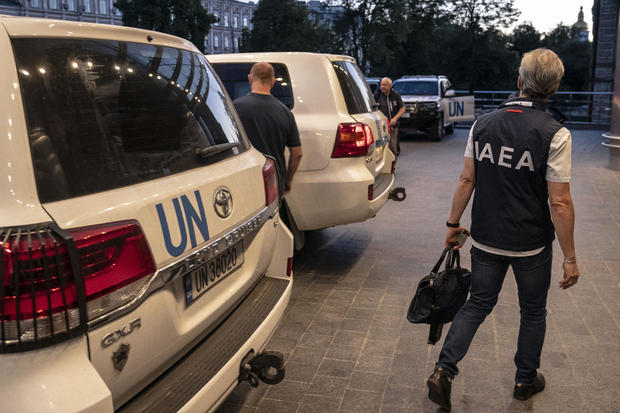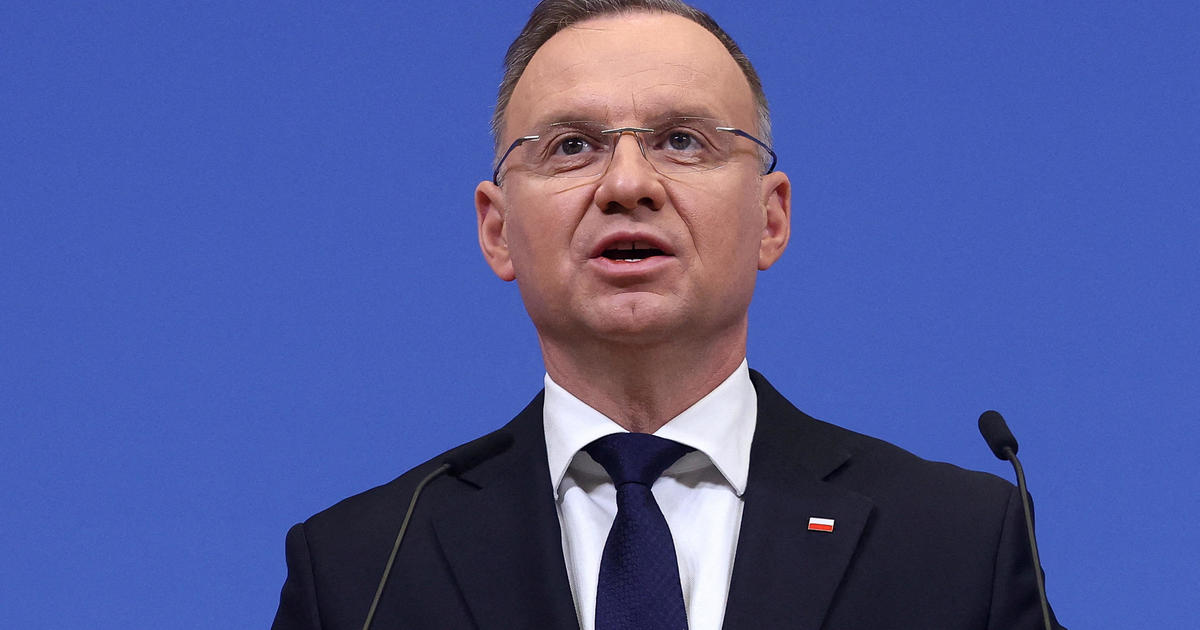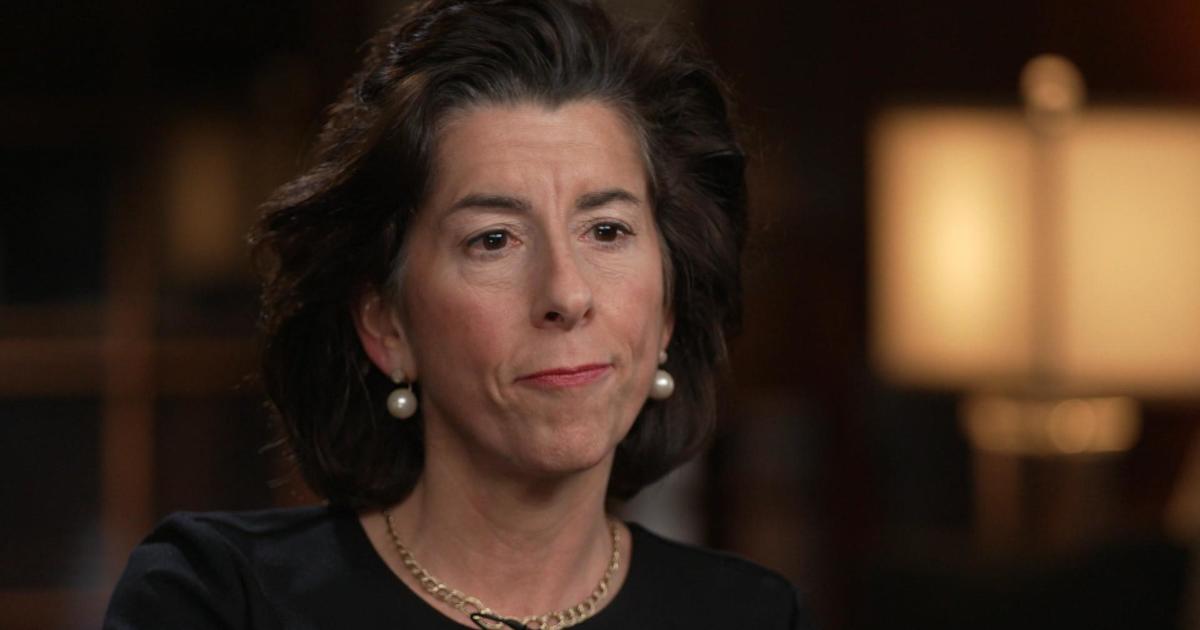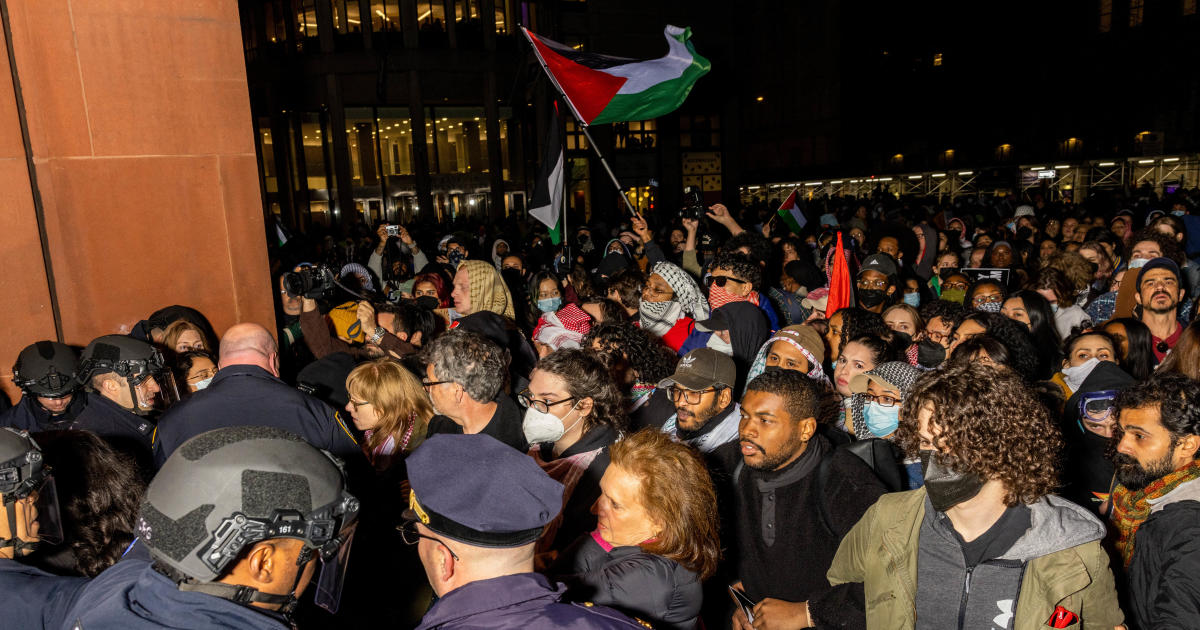Russia accused of shelling near Ukraine's Zaporizhzhia nuclear plant as IAEA visit set to begin
Kyiv — A team of international inspectors was finally approaching Europe's biggest nuclear power plant on Wednesday for a tense visit. The sprawling Zaporizhzhia nuclear plant has become a de-facto Russian military base right on the front line of Vladimir Putin's war in Ukraine.
The Russian military's months-long occupation of the plant and regular shelling around it, by both sides, have fueled fears of a potentially catastrophic nuclear accident. Ukraine and Russia have accused each other of putting lives at risk far beyond their own borders by carrying out the attacks, and even as the team led by the International Atomic Energy Agency's (IAEA) director set off from Kyiv for the crucial visit, Ukrainian officials said the shelling continued.
Evhen Yevtushenko, a Ukrainian official who heads a military district just across the Dnieper River from the nuclear plant, said Wednesday that the "Russian army is shelling Energodar," where the plant is located.
"These provocations are dangerous," he said.
It took months for Russia, Ukraine and the United Nations-backed IAEA to negotiate the inspectors' visit, which is aimed at assessing damage to the plant and the working conditions for the Ukrainian technicians still running it. It's all a bid to ease the tension around the vast compound and its six nuclear reactors.
The team of inspectors, in a convoy of almost 20 vehicles, reached the city of Zaporizhzhia around 2 p.m. local time on Wednesday. The nuclear plant is based in the town of Energodar, however, about two hour drive from the city, and it was unclear whether the inspectors would actually get to work Wednesday or Thursday.
CBS News correspondent Debora Patta was in Kyiv Wednesday when the team, led by IAEA Director Rafael Grossi, left the capital for the drive to the nuclear facility.
They knew the mission was risky.
"We're going into occupied territory, and this requires the explicit guarantees from not only from the Russians, but also from the Republic of Ukraine, and we have been able to secure that," Grossi told reporters before setting off.
The plant sits along a perilous front line, right on the western edge of Russian-held ground in Ukraine, where fighting has heightened fears of a radiation disaster. As Patta noted, Wednesday's visit will be the first time the IAEA has ever gone to inspect a nuclear plant in an occupied war zone.
The full team will spend a few days at the site in an attempt to stabilize the situation, and Grossi has made it clear that his agency hopes to leave at least a few inspectors at the Zaporizhzhia facility indefinitely to monitor the situation.
Russia has not ruled that out, and a regional official of the Russian-backed occupation administration suggested on Wednesday that a team of six to eight IAEA inspectors could remain at the plant.
But Ukraine and its international allies want more than a permanent IAEA presence — they want the nuclear power plant handed back to Ukraine and all Russian military hardware and personnel to leave.
The IAEA team met Tuesday with Ukrainian government officials including Energy Minister German Galuschenko, who told CBS News that he and his colleagues made it clear to Grossi and the inspectors that Russia's occupation of the plant had to end.
"The station should be back to Ukrainian control, Ukraine government control, and then we could implement any recommendations on the IAEA about security," he said.
His boss, Ukrainian President Volodymyr Zelenskyy, said Tuesday night that securing the facility was "one of the most important issues regarding the security of Ukraine and the world."
In his nightly video address to the Ukrainian people, Zelenskyy called for the "emergency demilitarization of the plant, withdrawal of any Russian military with explosives, with any weapon, from our plant, and the organization of a demilitarized zone both inside and outside" the facility, with its transfer back "under the full control of Ukraine."
Earlier this week, Kremlin spokesman Dmitry Peskov seemed to rule out the notion — pushed not only by the Ukrainian government but also the United Nations, the U.S. and other Western states — of Russian forces leaving the plant so that it can be turned into a demilitarized zone.
"No. This is not on the table," Peskov said bluntly on Monday.
As the IAEA team made its way to the plant on Wednesday, Russian Foreign Ministry spokesperson Maria Zakharova didn't specifically address the calls to demilitarize the plant, but she told reporters the IAEA "mission should be impartial and, most importantly, professional. This is the main task for it: be objective and see everything that is happening there now."




